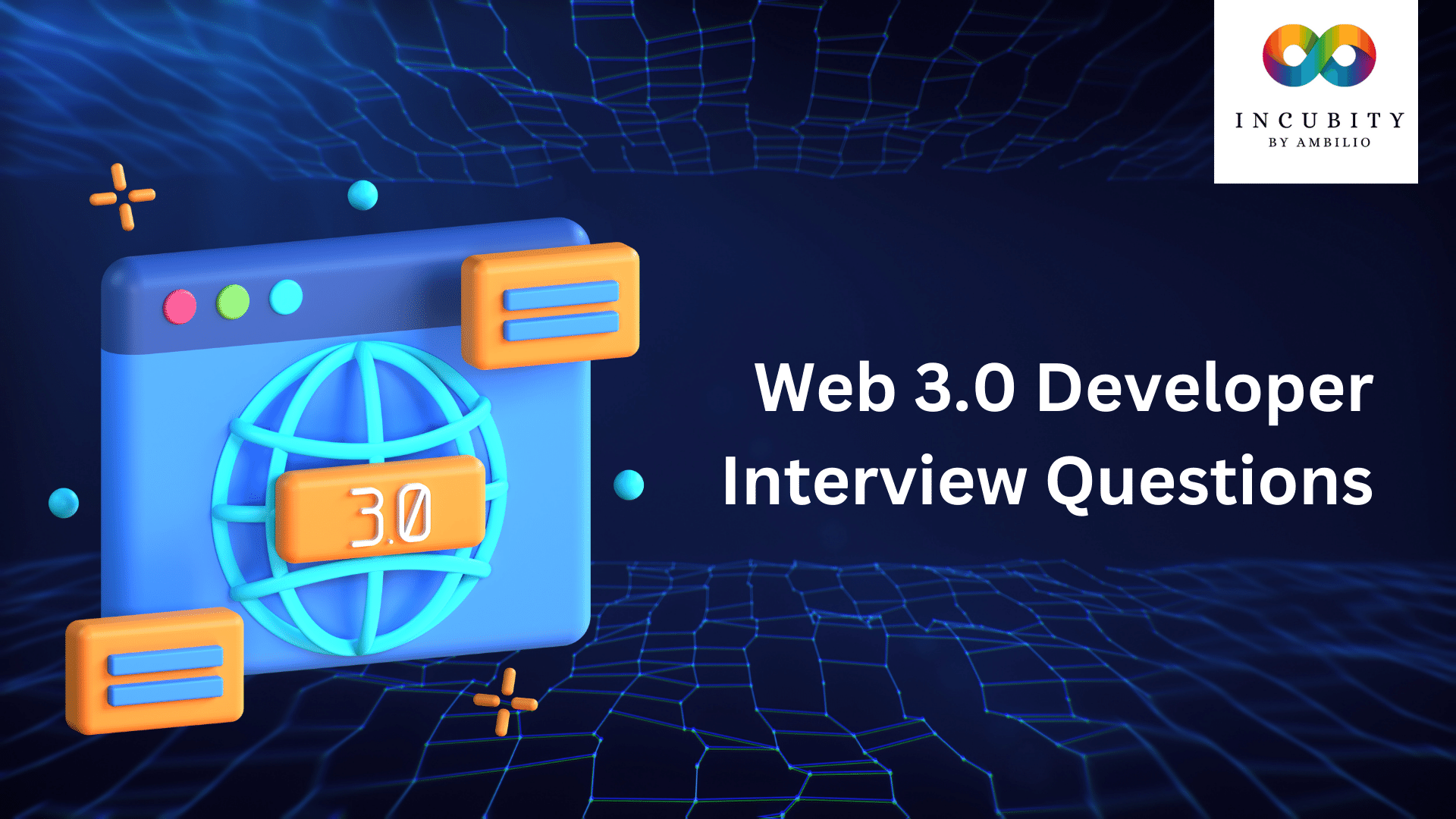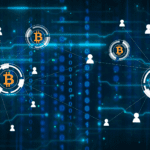With the recent and interesting developments in the field of Web 3.0, the demand for professionals in this field is also increasing. Due to the very less available learning resources available in this field, getting prepared for job interviews is challenging. We present here the top 20 questions that are commonly asked in web 3 developer interviews.
Que 1. What is Web 3.0, and how does it differ from Web 2.0?
Answer: Web 3.0 refers to the next generation of the internet that is decentralized, trustless, and secure. It differs from Web 2.0, which is centralized and relies on trusted intermediaries to facilitate transactions.
Que 2. What is a blockchain?
Answer: A blockchain is a distributed ledger that records transactions and is maintained by a network of nodes. Each block in the chain contains a cryptographic hash of the previous block, creating an unbreakable chain of transactions.
Que 3. What is a smart contract?
Answer: A smart contract is a self-executing contract with the terms of the agreement between buyer and seller being directly written into lines of code. It enables the automation of transactional processes, reducing the need for intermediaries.
Que 4. What are some popular blockchain platforms?
Answer: Some popular blockchain platforms include Ethereum, Bitcoin, and Polkadot.
Ques 5. What is Solidity?
Answer: Solidity is a programming language used to write smart contracts on the Ethereum blockchain.
Ques 6. How does consensus work in a blockchain network?
Answer: Consensus is the process by which nodes in a blockchain network agree on the state of the ledger. This is typically achieved through a consensus algorithm like Proof of Work or Proof of Stake.
Ques 7. What is IPFS?
Answer: IPFS (InterPlanetary File System) is a protocol and network designed to create a distributed, permanent, and decentralized method of storing and sharing hypermedia in a peer-to-peer fashion.
Que 8. What is a decentralized application (dApp)?
Answer: A decentralized application is an application that runs on a blockchain network, typically using smart contracts to execute transactions and store data.
Ques 9. What is a DAO?
Answer: A DAO (Decentralized Autonomous Organization) is an organization that is run through rules encoded as computer programs called smart contracts.
Que 10. What is gas in the Ethereum network?
Answer: Gas is the fee paid to execute a transaction on the Ethereum network. It is paid in Ether and is used to compensate miners for the resources they use to process transactions.
Que 11. What is a non-fungible token (NFT)?
Answer: A non-fungible token is a unique digital asset that represents ownership of a piece of digital content, such as a piece of artwork, a video, or a game item.
Que 12. What is the purpose of a Web 3.0 browser?
Answer: A Web 3.0 browser is a browser that enables users to interact with decentralized applications and blockchain networks without the need for intermediaries.
Ques 13. What is a Merkle tree?
Answer: A Merkle tree is a data structure used in cryptography to efficiently verify the integrity of large datasets.
Ques 14. What is the purpose of an oracle in a blockchain network?
Answer: An oracle is a third-party service that provides external data to smart contracts on a blockchain network.
Que 15. What is sharding in a blockchain network?
Answer: Sharding is a scaling technique that involves breaking up the blockchain network into smaller, more manageable pieces to increase transaction throughput.
Que 16. What is a sidechain?
Answer: A sidechain is a separate blockchain that is attached to the main blockchain, enabling users to execute transactions off-chain to increase scalability.
Que 17. What is a cross-chaintransaction?
Answer: A cross-chain transaction is a transaction that involves transferring assets or data between two separate blockchain networks. This allows for interoperability between different blockchains and expands the potential use cases for blockchain technology.
Que 18. What is a decentralized exchange (DEX)?
Answer: A decentralized exchange is a platform that allows users to trade cryptocurrencies without the need for intermediaries, such as centralized exchanges.
Ques 19. What is a wallet in the context of blockchain?
Answer: A wallet is a software application that allows users to securely store, send, and receive cryptocurrencies and other digital assets on a blockchain network.
Que 20. What are some potential use cases for Web 3.0 technology?
Answer: Some potential use cases for Web 3.0 technology include decentralized finance, gaming, supply chain management, social media, and identity verification.



